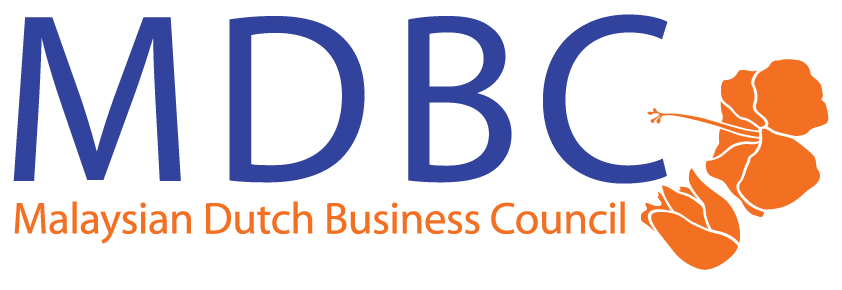The New Industrial Master Plan 2030 (NIMP2030), to be launched in August this year, will be capitalizing on the US$2.7 billion ASEAN electric vehicle (EV) market, said Investment, Trade, and Industry Minister Tengku Datuk Seri Zafrul Abdul Aziz.
He said Chery Malaysia’s plan to inject an initial capital of RM170 million for its expansion strategies here will not only provide variety and excitement to the local auto market but also support Malaysia’s gross domestic product (GDP) growth through strategic sectoral growth.
As part of its global expansion, the Chinese state – owned automobile manufacturer on Thursday (July 6) announced the injection of RM170 million for expansion in Malaysia, which will provide 4,000 high – paying, high – skilled jobs for Malaysians in the next five years.
“Mass electrification from the automotive sector fits in well with the country’s national environmental, social and governance (ESG) and net zero agenda from the manufacturing industry’s perspective. As such, we have already started pushing for higher EV penetration within our country.
“As Malaysia is a major electrical and electronics manufacturing hub in Southeast Asia, automakers like Chery can easily leverage on this to help grow Malaysia’s production of next – generation vehicles (or NxGVs),” he said in his speech at the official grand launch of Chery Malaysia’s Tiggo 8PRO and Omoda 5 here on Thursday.
Chery Malaysia, according to Tengku Zafrul, is also targeting to launch both its EV and plug – in hybrid electric vehicles (PHEV) models to reach around 20% of the EV market share in Malaysia by as early as 2024, and will also introduce its affordable EV models in future.
“The Ministry of Investment, Trade and Industry (MITI) welcomes all these initiatives, as they are aligned with our national aspiration of having 15% total industry volume (TIV) for electrified vehicles (EV and hybrid) by 2030, and 38% of TIV by year 2040,” he said.
The minister said that Malaysia has a dynamic automotive industry which supports over 700,000 workers in its ecosystem, accounting for over 4.4% of the Malaysian workforce.
Its contribution to Malaysia’s GDP is about 4% to 5% on average annually, and it delivered RM64.5 billion towards the national GDP in 2022.
MITI’s targeting to increase the sector’s GDP contribution to RM104.2 billion by 2030.
- The Edge Markets
